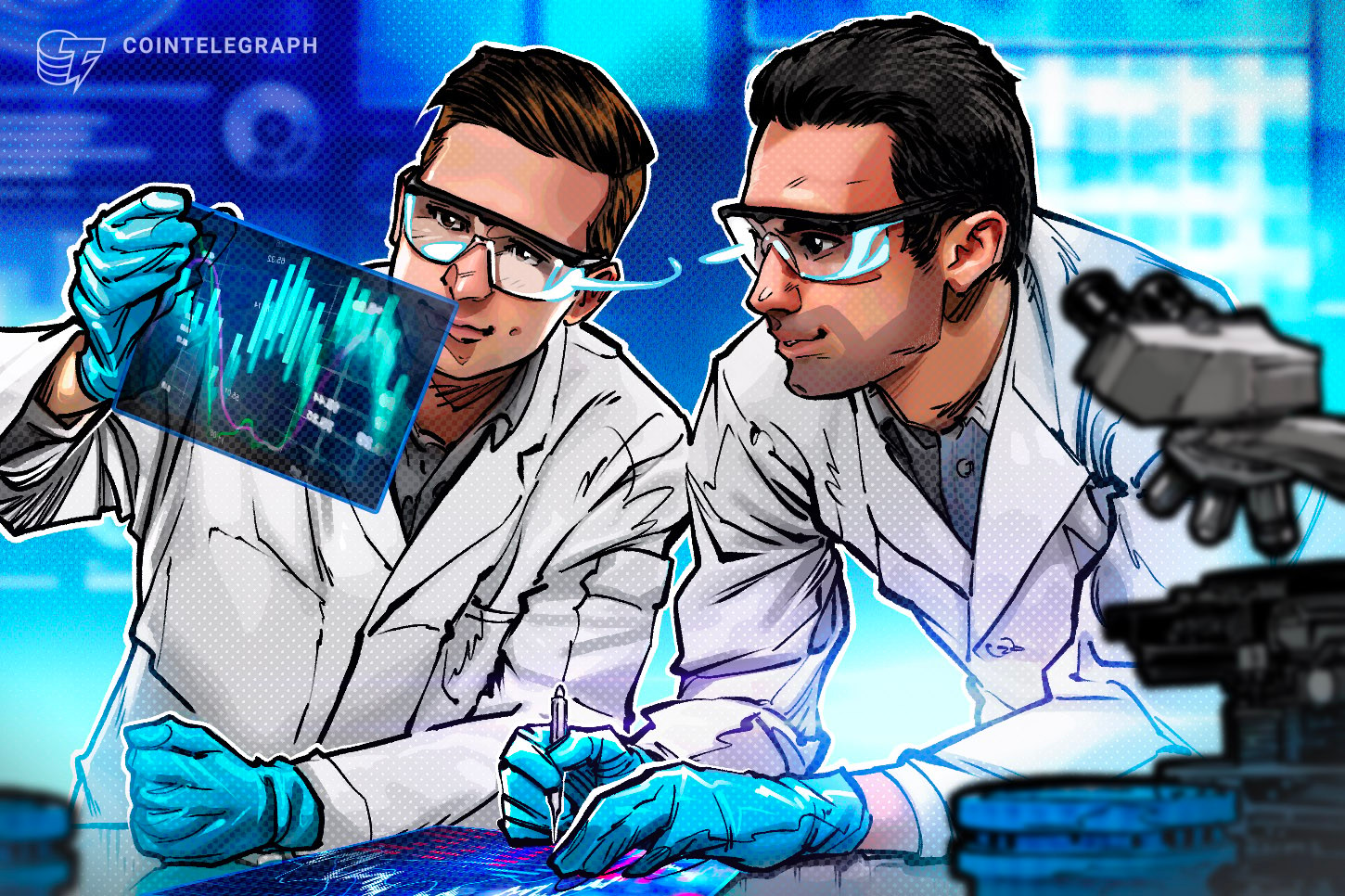Having emerged as a movement in the research community, decentralized science (DeSci) initiatives are progressing at a pace even big pharma cannot ignore. Pfizer is now the first pharmaceutical company to vote on decentralized autonomous organization (DAO) proposals of the German blockchain-based organization VitaDAO.
The collaboration is part of VitaDAO’s latest fundraising disclosed in late January from strategic members, including Pfizer Ventures, Shine Capital and L1 Digital — among other longevity enthusiasts. The $4.1 million raised will fund longevity research projects and accelerate the spinout of VitaDAO’s first biotech startups, with two more in development for 2023.
“Pfizer is now bringing some of their own scientists to join with the community of researchers who are part of VitaDAO to help incubate some of this research,” Alex Dobrin, the community and awareness steward at VitaDAO, told Cointelegraph.
DeSci has fostered the emergence of a thriving ecosystem with projects ranging from decentralized biotech foundations to funding vehicles. “Some of the major trends in the field can include research and investment platforms, crowdfunding for scientific research, scientists and researcher communities,” explained Tuan Cao, founder of GenomicDAO, a San Francisco-based platform launched on Feb. 19 by artificial intelligence biotech company Genetica.
This decentralized platform aims to establish a community to drive and govern Asian-focused precision medicine initiatives. Its first subsidiary DAO is working on stroke prevention, targeting awareness, and research and development for ischemic strokes.
Worldwide, stroke is one of the most common causes of disability and vascular death. The American Heart Association reports that there were over 77 million ischemic strokes around the world in 2019. Asian populations have higher stroke incidences than Western populations, according to a study published in the Journal of clinical hypertension in 2021.
GenomicDAO claims combining a network of research groups, institutions, organizations, scientists and medical experts with artificial intelligence can reduce the time to release a new product from 12–18 months to 4–6 months. According to GenomicDAO, community-driven initiatives are disrupting scientific research:
“In the precision medicine space, R&D is led by a handful of big names in the industry that are de-facto monopolizing the market. Monopolistic and centralized pharmaceutical companies equivalently lead to the stagnation of innovation; simultaneously widening the gap in providing precision medicine to underrepresented populations.“


